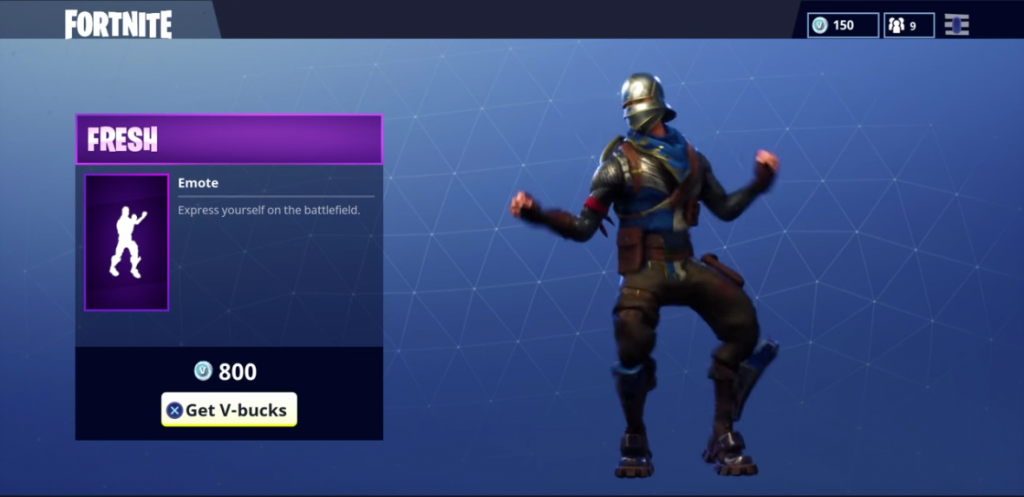In an effort to strengthen his case against Epic Games and Take-Two Interactive, Alfonso Ribeiro attempted to copyright the famous dance he created for The Fresh Prince of Bel Air. The application has since been denied, with courts deeming the dance moves too simple to be considered a choreographic work.
The actor’s dance is colloquially referred to as “Fresh” in Fortnite, following the exact same moves as Ribeiro’s character Carlton Banks in The Fresh Prince of Bel Air. Ribeiro claims that the popularity of the dance stems from the show and relates to his “likeness” which he considered “intellectual property” that has been “misappropriated” in the media.
Ribeiro is not alone in his claims that Epic Games has supposedly stolen his work to turn a profit, with a number of other artists taking legal action against the developer for including their dance moves. Rapper 2 Milly started the trend, suing Epic Games for its supposedly unsolicited use of “The Milly Rock” in November.
In an attempt to solidify his claims, The Hollywood Reporter states that Ribeiro submitted a copyright application on January 22nd that has ultimately been rejected. The US Copyright Office finds that the dance is too “simple” to be considered “a choreographic work” and has accordingly refused registration.
“The work submitted for registration with this application consists of a simple routine made up of three dance steps, the first of which is popularly known as ‘The Carlton.’ The dancer sways their hips as they step from side to side, while swinging their arms in an exaggerated manner,” reads the Office’s reply.
“In the second dance step, the dancer takes two steps to each side while opening and closing their legs and their arms in unison. In the final step, the dancer’s feet are still and they lower one hand from asbove their head to the middle of their chest while fluttering their fingers.”
It remains to be seen how this will affect Ribeiro’s case against the two publishers, but as the Office states: Social dances, simple routines, and other uncopyrightable movements are not ‘choreographic works’ under Section 102(a)(4) of the Copyright Act. It’s unlikely that courts will come to a different conclusion with this embedded into US law.
KitGuru Says: I can understand the frustrations of publishers monetising these popular dances, which should perhaps be free given their impact on popular culture. Still, it’s within their right to do so. What do you think about this whole dance fiasco?
 KitGuru KitGuru.net – Tech News | Hardware News | Hardware Reviews | IOS | Mobile | Gaming | Graphics Cards
KitGuru KitGuru.net – Tech News | Hardware News | Hardware Reviews | IOS | Mobile | Gaming | Graphics Cards



